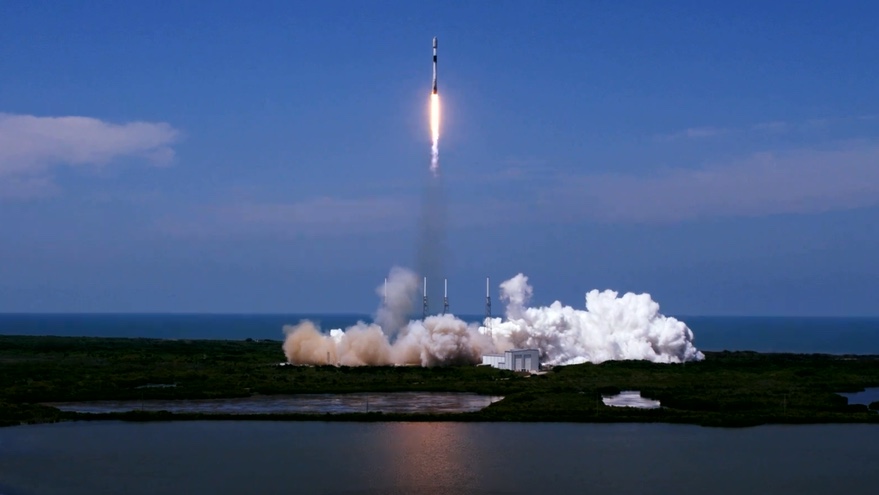Products You May Like
TAMPA, Fla. — A federal appeals court denied a motion from satellite operator Viasat to stop SpaceX from enlarging its Starlink megaconstellation.
Viasat had requested a stay on a SpaceX license modification that allows it to continue building out the low-Earth-orbit constellation, while legal action seeking to compel a thorough environmental review of the broadband network plays out through the court.
The U.S. Court of Appeals for the District of Columbia Circuit ruled July 20 that Viasat, which operates broadband satellites in geostationary orbit, “has not satisfied the stringent requirements for a stay pending court review.”
The court also granted a motion to expedite the appeal, setting dates that end with an Oct. 26 deadline for final briefs to clear the way for oral arguments.
Satellite broadcaster Dish Network also objected to SpaceX’s license modification and its case is part of Viasat’s appeal.
Viasat first sought a stay from the Federal Communications Commission on SpaceX’s April 27 license modification, enabling it to continue expanding a constellation estimated to now exceed 1,600 satellites at an altitude of around 550-kilometers.
The company gave the FCC until the end of June 1 to grant the order, before submitting the motion to the same court that will decide whether the regulator was legally obligated to assess Starlink’s environmental impact before modifying its license.
The modification gives SpaceX permission to operate 4,408 satellites at 550-kilometers, instead of just 1,584 in this orbit and 2,825 at altitudes of 1,100 to 1,300-kilometers.
Decreasing the distance between a satellite and Earth reduces signal lag for latency-critical applications including video calls and gaming.
However, Viasat said the rapidly expanding megaconstellation poses orbital debris, light pollution and other environmental risks.
SpaceX has continued to deploy Starlink satellites amid the legal action, although the cadence has slowed as it works through launch missions for other customers.
Viasat is also calling on the FCC to review nearly $900 million of rural broadband subsidies that SpaceX won in December for Starlink.
In an application filed June 1, Viasat asked the FCC to review why it was not permitted to bid for the Rural Digital Opportunity Fund.
